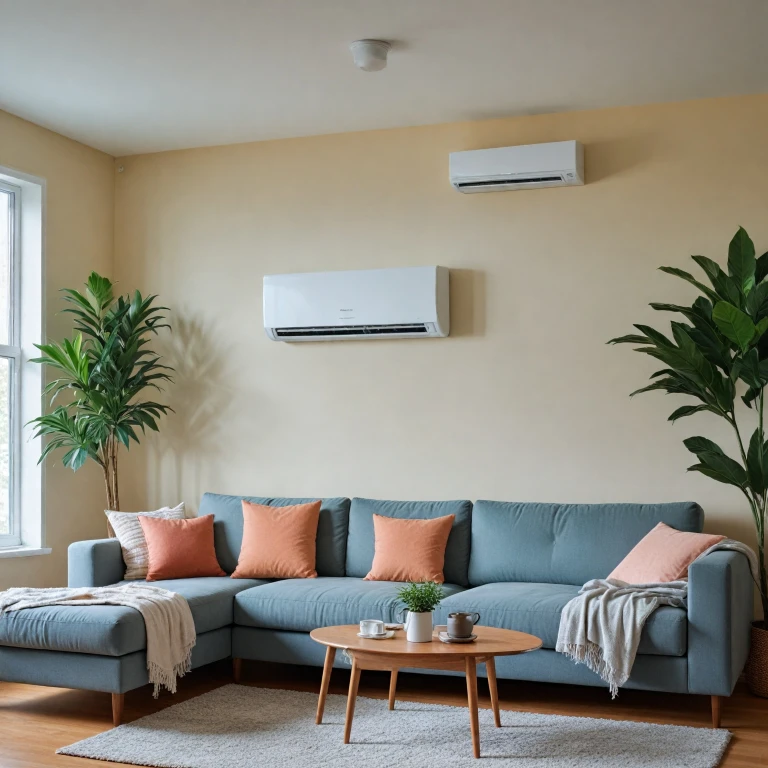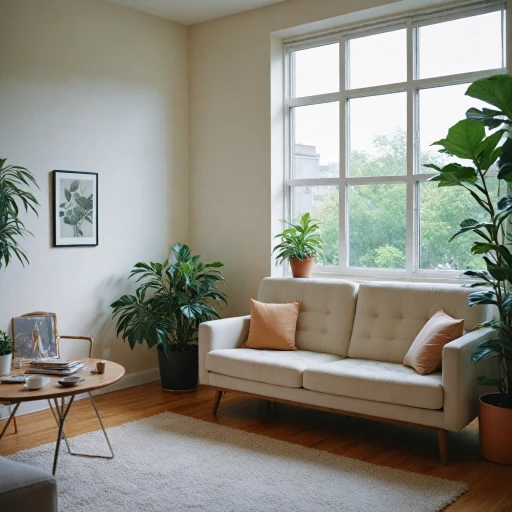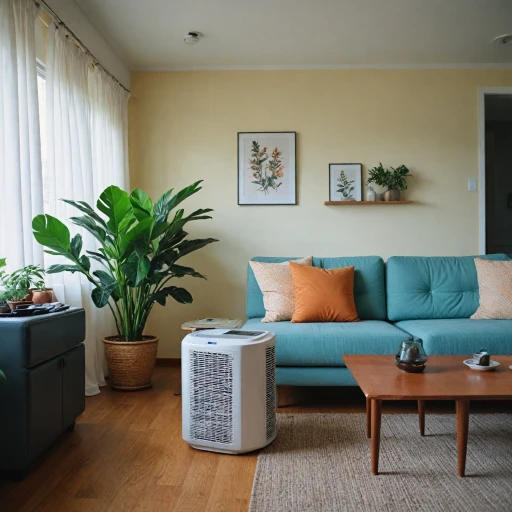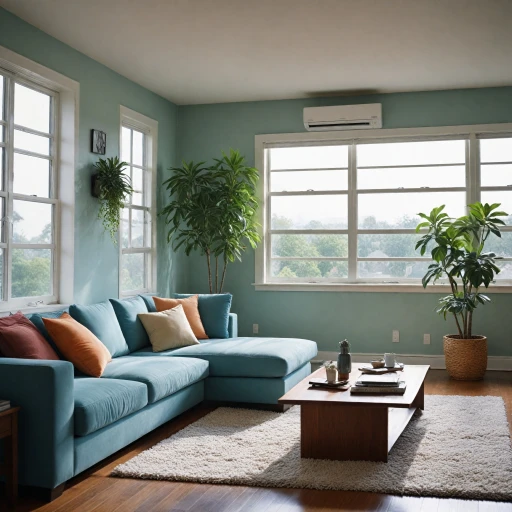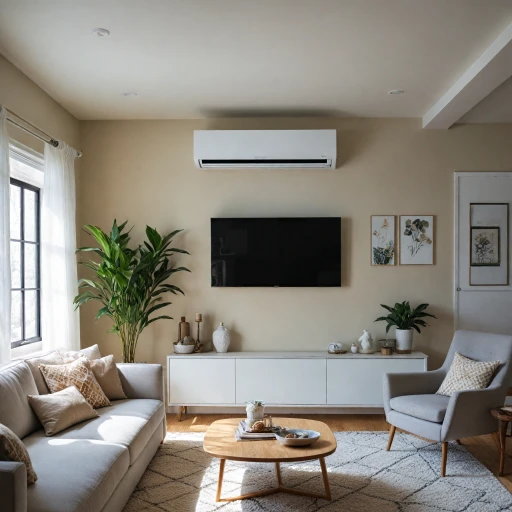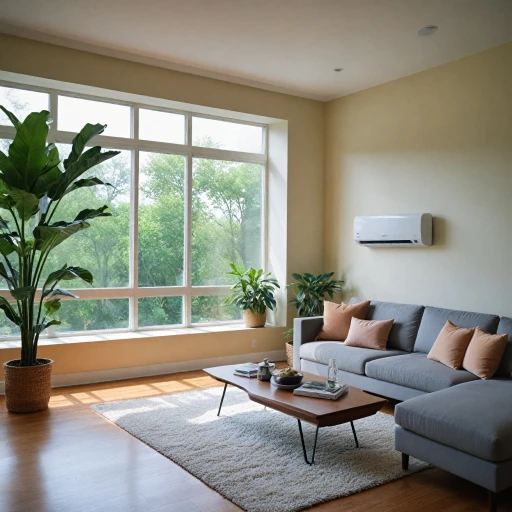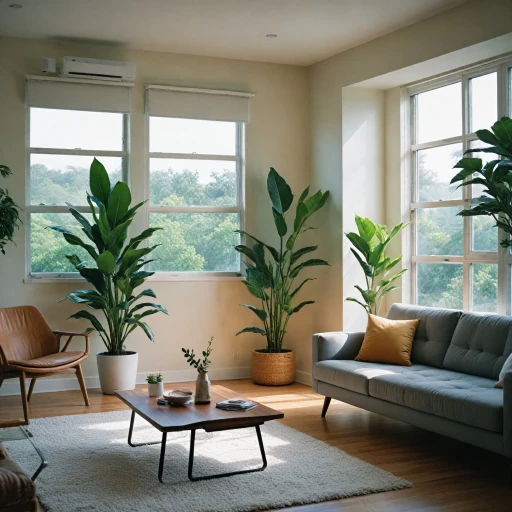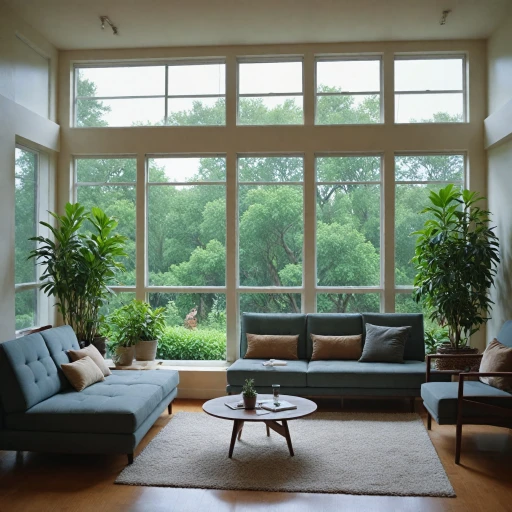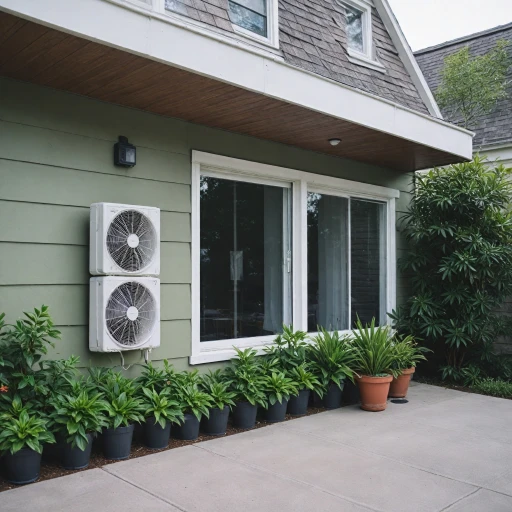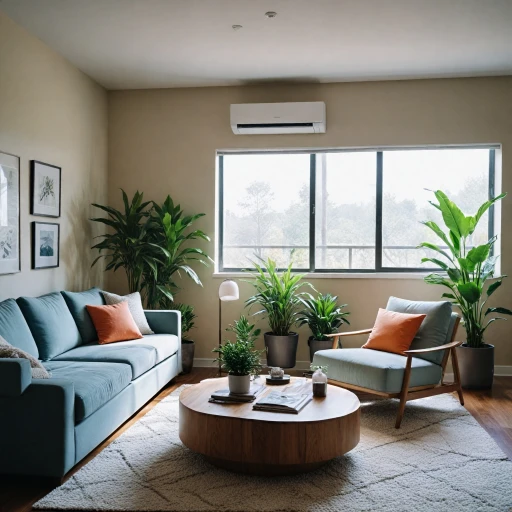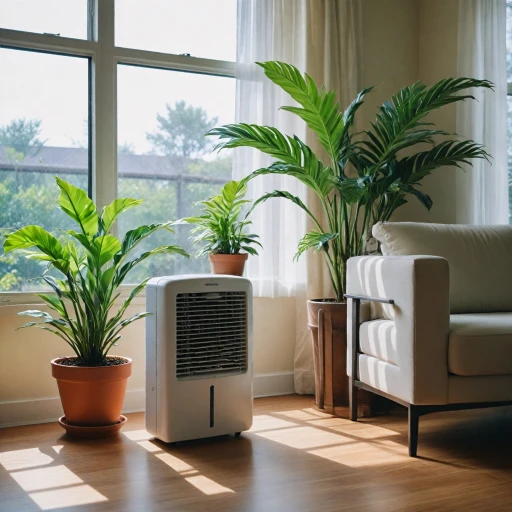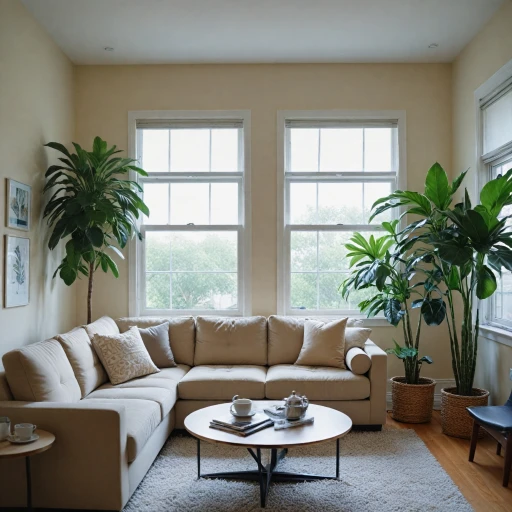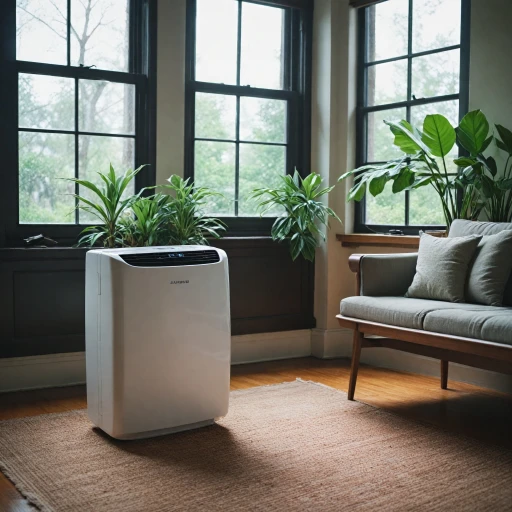
Understanding Wall AC Units
Introduction to Wall-Mounted Air Conditioning Units
Wall-mounted air conditioning units have become a popular choice for many homeowners seeking efficient and effective cooling solutions. These units, often referred to as ductless mini-split systems, offer a versatile alternative to traditional window air conditioners. They are designed to be installed on the wall, providing a permanent solution that blends seamlessly with your room's decor.
One of the key features of wall-mounted units is their ability to deliver targeted cooling. Unlike window units, which can be bulky and obstructive, wall-mounted systems are sleek and unobtrusive. They offer the convenience of remote control operation, allowing you to adjust the temperature and fan speeds with ease.
When considering a wall-mounted air conditioner, it's essential to understand the various components and how they work together. These units typically consist of an indoor air handler and an outdoor compressor. The indoor unit is responsible for distributing cool air throughout the room, while the outdoor unit dissipates heat. This setup not only ensures efficient cooling but also helps save energy, making it a cost-effective option for many households.
For those interested in exploring the benefits of ductless air conditioners, this resource provides valuable insights into how these systems can enhance your home's comfort and energy efficiency.
As you delve deeper into the world of wall-mounted air conditioners, you'll discover their numerous advantages, including their energy efficiency and the potential for significant cost savings. However, it's also important to consider the challenges and installation requirements associated with these units, which will be discussed in subsequent sections.
Benefits of Wall-Mounted AC Units
Advantages of Wall-Mounted Air Conditioning Systems
Wall-mounted air conditioners, often referred to as ductless mini-split systems, offer several benefits that make them a popular choice for homeowners and businesses alike. These units are designed to provide efficient cooling and heating solutions, making them a versatile option for various settings.
- Energy Efficiency: Many wall-mounted units are equipped with inverter technology, allowing them to adjust their cooling and heating output to match the room's needs. This results in significant energy savings compared to traditional window air conditioners or central air systems. Look for models with an Energy Star rating to ensure optimal efficiency.
- Space-Saving Design: Unlike bulky window air conditioners, wall-mounted units are compact and can be installed high on a wall, freeing up valuable floor space. This makes them ideal for rooms with limited space.
- Quiet Operation: Wall-mounted air conditioners are known for their quiet performance. The compressor is typically located outside, reducing indoor noise levels and providing a more comfortable environment.
- Customizable Comfort: These units often come with remote control features, allowing users to easily adjust the temperature, fan speeds, and other settings from anywhere in the room. Some models even offer smart controls for added convenience.
- Improved Air Quality: Many wall-mounted air conditioners include advanced filtration systems that help remove dust, allergens, and other pollutants from the air, contributing to a healthier indoor environment.
- Versatility: With the option to include a heat pump, wall-mounted units can provide both cooling and heating, making them suitable for year-round use.
For those considering a ductless mini-split system, it's important to weigh these benefits against potential challenges and considerations. For more insights, explore the benefits of ductless air conditioning systems.
Challenges and Considerations
Identifying Possible Downsides
When considering the installation of wall-mounted air conditioning units, it's crucial to be informed about potential challenges and considerations. These factors may affect your decision or influence your setup choices.- Space Limitations: Wall-mounted units require a particular allocation of space on the wall, which could be a constraint if your room is already cluttered or has limited wall space. Unlike a window air unit or a compact portable air conditioner for your space, wall units demand a permanent spot.
- Installation Costs: Generally, the installation of a wall-mounted unit can be more expensive than other types, such as window air conditioners or portable units. This is particularly the case for mini-split systems that involve more intricate installation processes, sometimes requiring professional services.
- Complexity of Maintenance: Wall-mounted systems can be more challenging to maintain due to their position and integration within the structure. Regular cleaning of air filters and ensuring that the ductless systems are functioning efficiently requires consistent checks.
- Cooling Capacity and Efficiency: While wall-mounted units, such as those with inverter technology, offer efficient cooling solutions, it's important to ensure the unit's BTU rating matches your room's requirements. A mismatch could either lead to an underperforming cooling system or increased energy consumption.
- Aesthetics Concerns: For some, the appearance of a wall-mounted unit may clash with interior design preferences. This could be particularly true in rooms with minimalistic or classic decor, where visible conditioning units might not blend seamlessly.
Comparing Wall AC Units to Portable Air Conditioners
Wall-Mounted vs. Portable: A Comparative Look
When evaluating air conditioning options to cool your room, both wall-mounted AC units and portable air conditioners emerge as viable choices. Each option boasts its own set of advantages, and understanding these can help you make an informed decision.Space and Installation
- Wall-Mounted Units: These units are often more aesthetically pleasing, as they are installed directly into the wall, saving valuable floor space. This permanent solution requires a more intricate installation process which can be more costly upfront but may result in a cleaner, seamless look. With the potential for ductless installation, they are ideal for those looking to maintain the aesthetics of their home.
- Portable Air Conditioners: In contrast, portable units excel in flexibility, often requiring just a window kit and a plug-in for immediate use, with free shipping options available for convenience. They are perfect for situations where drilling into walls is not possible or desired, providing a cooling solution that can be easily relocated from room to room.
Cooling Efficiency and Control
- Wall-Mounted Units: These often boast higher BTU ratings and superior energy efficiency, with models like the Energy Star-certified units leading in performance. They can include advanced features like inverter technology, enabling variable fan speeds and precise remote controls for energy-saving operation.
- Portable Air Conditioners: While generally offering lower BTU output compared to their wall counterparts, modern portable units are equipped with smart features that control white noise levels and allow for ease of use with remote control options. They're great for cooling smaller areas quickly and can be a cost-effective alternative for short-term solutions.
Price and Long-Term Savings
- Wall-Mounted Units: Typically, these units have a higher upfront cost due to installation needs and equipment like mini splits and heat pumps. However, their energy efficiency can translate to long-term savings on energy bills, particularly with models offering SEER ductless or smart BTU SEER features.
- Portable Air Conditioners: Generally more affordable upfront, these units provide immediate cooling relief. They don't require rigorous installation, saving initial costs, though their energy consumption might not match the efficiency of wall-mounted options.
Installation and Maintenance Tips
Practical Guidance for Effective Setup and Longevity
When it comes to installing wall-mounted air conditioner units, careful preparation and understanding of the nuances involved can significantly enhance your experience and maximize the benefits. Here are some key points to consider:- Location Selection: Choose a spot on an exterior wall that is strategically positioned to offer optimal cooling access throughout the room. Keep in mind room size, layout, and potential obstacles to air flow. Consider factors like sunlight exposure which can impact the efficiency of the air conditioning unit.
- Proper Sizing: Each unit has a specific BTU rating that indicates its cooling capacity. Ensure you select a unit with a BTU rating that matches the size of your room for best results. Using a unit with too high or too low BTU can result in inefficient cooling and higher energy costs.
- Secure Installation: Follow the manufacturer's guidelines or hire a professional to securely mount the unit. The stability of the installation plays a critical role in ensuring the longevity and optimal function of the air conditioner.
- Energy Efficient Mode: Look for units with inverter technology and Energy Star ratings. These features help in reducing energy consumption while maintaining efficient cooling, ultimately saving on electricity bills without compromising comfort.
Maintenance Considerations for Optimal Performance
Regular maintenance not only prolongs the life of your wall-mounted air conditioner unit but also ensures efficient performance and clean air supply. Here are some tips:- Routine Cleaning: Regularly clean or replace filters to maintain air quality and efficiency. Clogged filters can obstruct airflow, forcing the unit to work harder, leading to increased energy usage and wear on the system.
- Unit Inspection: Periodically inspect the unit for any visible signs of wear or damage. Examine seals, condenser and evaporator coils, and look for leaks or unusual noises that may warrant professional attention.
- Remote Control & Settings: Familiarize yourself with the remote control options to effectively manage fan speeds and modes. Take advantage of programmable features to optimize cooling schedules, maximizing comfort while minimizing energy expenditure.
- Seasonal Shut Down: If not in use during colder months, perform a seasonal shutdown procedure, which may include covering the unit to protect it from dust and debris.
Choosing the Right AC Unit for Your Needs
Choosing the Perfect Cooling Solution
Selecting the ideal air conditioner for your space involves understanding various factors that affect performance and suitability. When comparing wall-mounted AC units and other options like portable air conditioners, it's crucial to consider several key aspects.- Size and Room Capability: Consider the BTU (British Thermal Unit) rating to ensure the unit can effectively cool your room size. Units with a higher BTU rating, like a 12,000 BTU wall air conditioner, are better suited for larger rooms, while smaller spaces might only require a unit with a lower BTU.
- Energy Efficiency: To save on energy costs, look for units with an Energy Star certification. These models are more efficient and can significantly lower electricity bills. For instance, inverter systems adjust the compressor speed to save energy when full power isn't needed.
- Installation and Maintenance: Wall-mounted air conditioners may require professional installation, especially if you're opting for a ductless mini split system. In contrast, portable AC units are quickly set up and can be moved as needed. Regular maintenance, such as filter cleaning and system checks, is essential for all units to ensure longevity and performance.
- Features and Controls: Evaluate models based on their control mechanisms, such as remote control features, programmable settings, fan speeds, and smart technology integration. Some units offer advanced features like remote operation via smartphone apps.
- Price Considerations: Wall-mounted units might involve higher upfront costs due to installation, but they often provide more consistent cooling. On the other hand, portable units might have a lower initial price but could be less efficient in larger spaces.
- Multi-functional Units: For year-round comfort, consider air conditioners that also offer heating capabilities, such as a conditioner heat pump. These versatile units can adjust to your needs across seasons.

